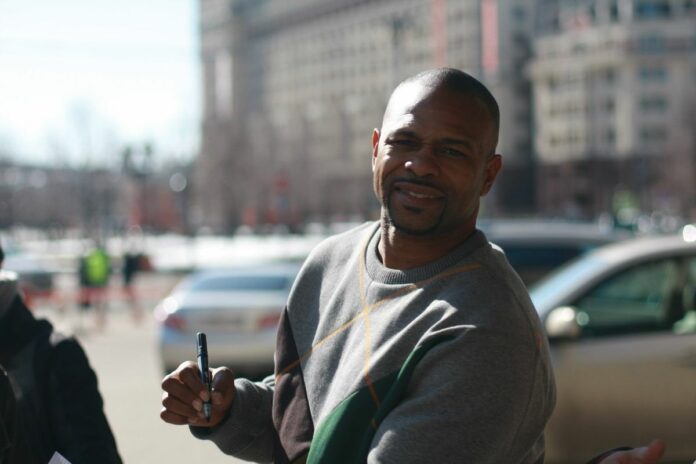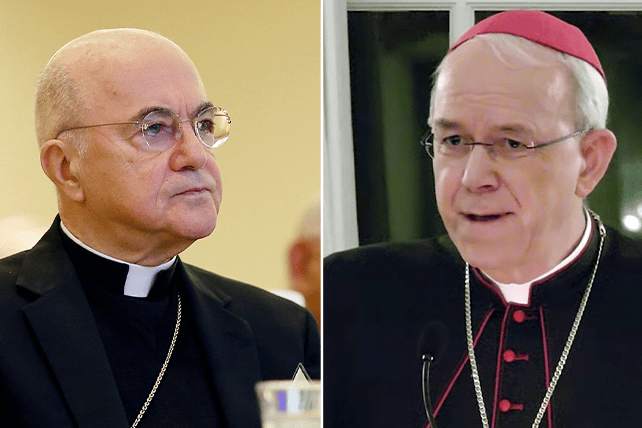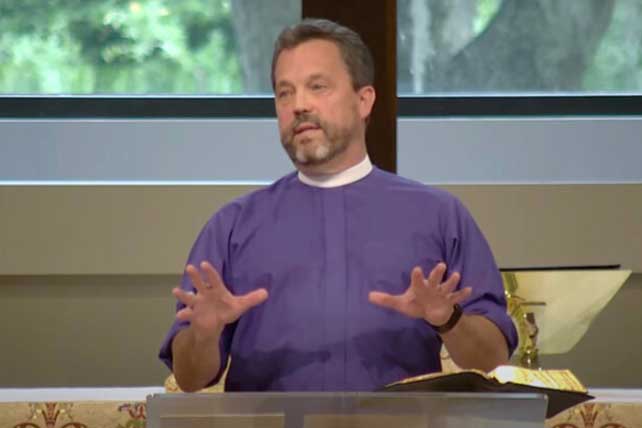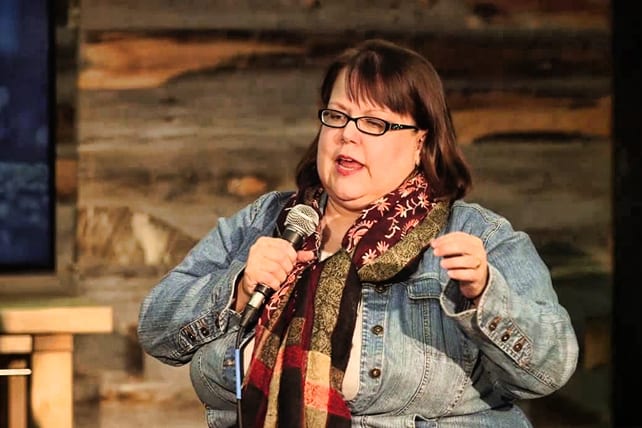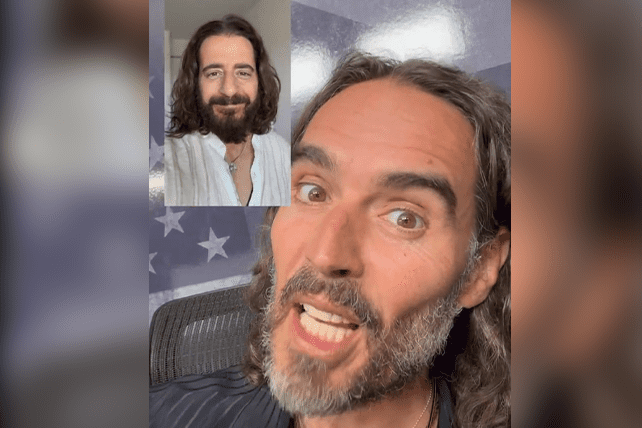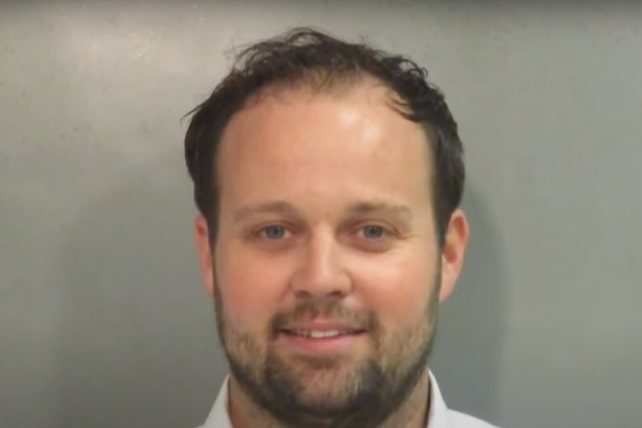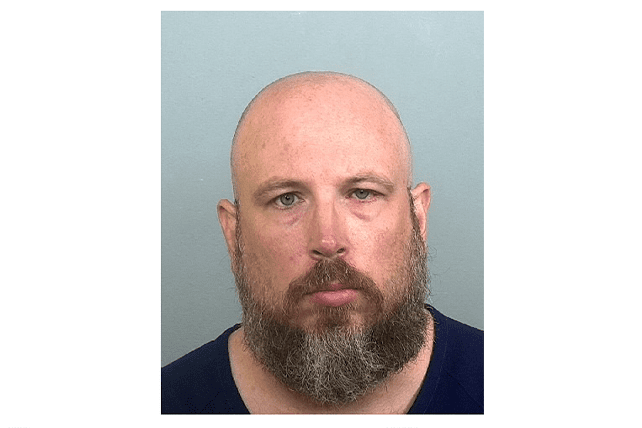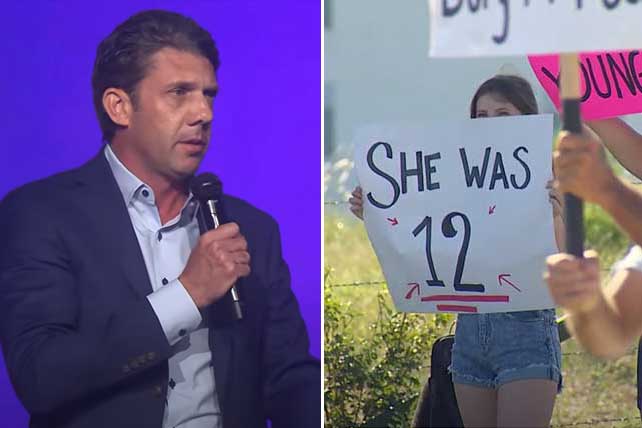My final message as pastor at Cross Church became a love letter to this beloved church. Because I love this church I reflected on something every pastor should consider: how to leave your church well. Playing off of Paul’s example in Acts 20 when he met the leaders of his beloved church at Ephesus on the shores of the Mediterranean and gave them one final word of encouragement, I wanted to leave Cross Church with one final word based on “things I have learned in my time at Cross Church.” In reality the list is LONG. But I gave them the short list:
- God can use anybody.
- If you deepen your walk, God will broaden your ministry.
- The church is God’s number one instrument to change the world.
- Relationships are the secret to life.
- We have to fight for the Bible.
- The Gospel story must constantly be retold.
- Jesus changes the conversation.
(Those are just the highlights and the whole message can be heard here.)
How to Leave Your Church Well
I’ve seen staff pastors come and go across many years of ministry. I’ve seen staff leave well and I’ve seen staff leave poorly. (And let me say that there is definitely a “right” way on how to leave your church well.) In my case, I was determined from the beginning, before I even knew for certain that I would be leaving, that I was going to leave well.
I told my senior pastor when another church had reached out to me.
Let me caveat that churches have periodically reached out to me and I did not take every one of those to my pastor. That’s an unfair burden he does not need, especially when I know that there’s a 99.9 percent chance it will come to nothing. But Grace coming toward me was different on multiple levels and my pastor deserved to know. I told Pastor Floyd that I would only come back to him should Grace Church decide that I was their one and only candidate. He did not need the added burden of “updates.” What he DID need was to know I was focused on Cross Church.
I prayed about it, and then shelved it.
I did not live with eyes for another ministry. I was happy where I was planted with MUCH to do in ministry. I knew Grace Church might go another direction, and that God was ultimately in control, so there was really nothing more for me to do.
I coordinated between the two churches
The moment Grace Church confirmed that God had singled me out as their one and only candidate, I went back to Pastor Floyd and shared honestly my heart that this was something we felt we needed to search out and see if God was in it for us. This involved a site visit to the church and to the city of Knoxville.
After the visit, the invitation was on the table for me to say yes, or no, to go in view of a call to be the next senior pastor of Grace. My wife and I determined to take one week to pray matters through and to then say yes or no. I met with Pastor Floyd immediately after the visit and shared my heart and plan. I was NOT going to leave him or Cross Church hanging.
Once we said yes, I worked with my pastor and with Grace Church to work a common timeline so as to protect and benefit both churches. On the Cross Church side, I let my pastor steer the ship on when and how he wanted to communicate matters to the church.
In ALL of this, I lifted high publicly and privately my church and my pastor.
I believe that in doing all of this, it allowed the church, my church, to send me off well and to bless me and my family as we move on to our new place of ministry. I will never forget the moving moment when Pastor Floyd prayed over and blessed us and commissioned us for our sending to Grace this past Sunday after I preached.
My friends, ministry is a small world. My best word: Don’t ever burn a bridge. Give careful thought on how leave your church well. You never know when you might want to cross it again.






